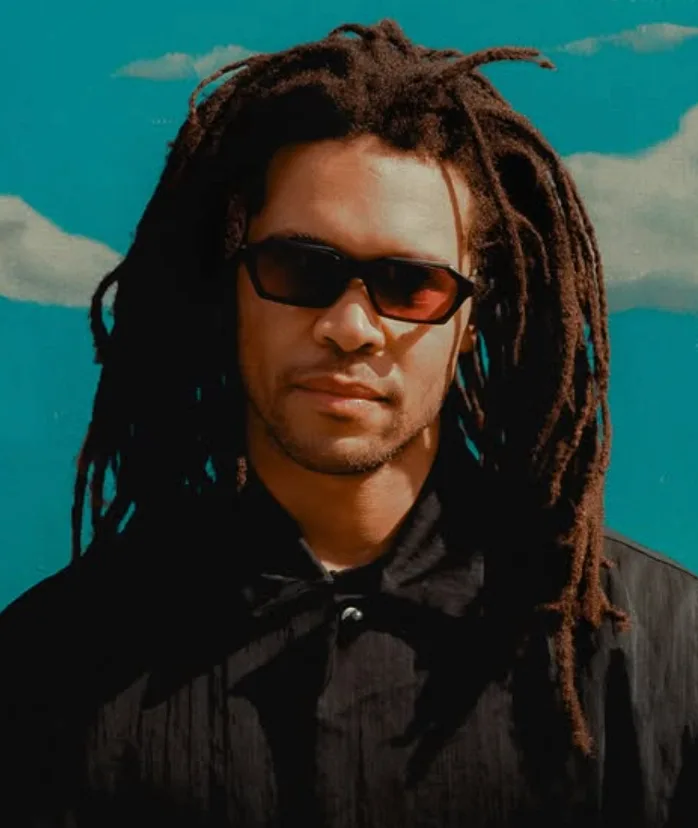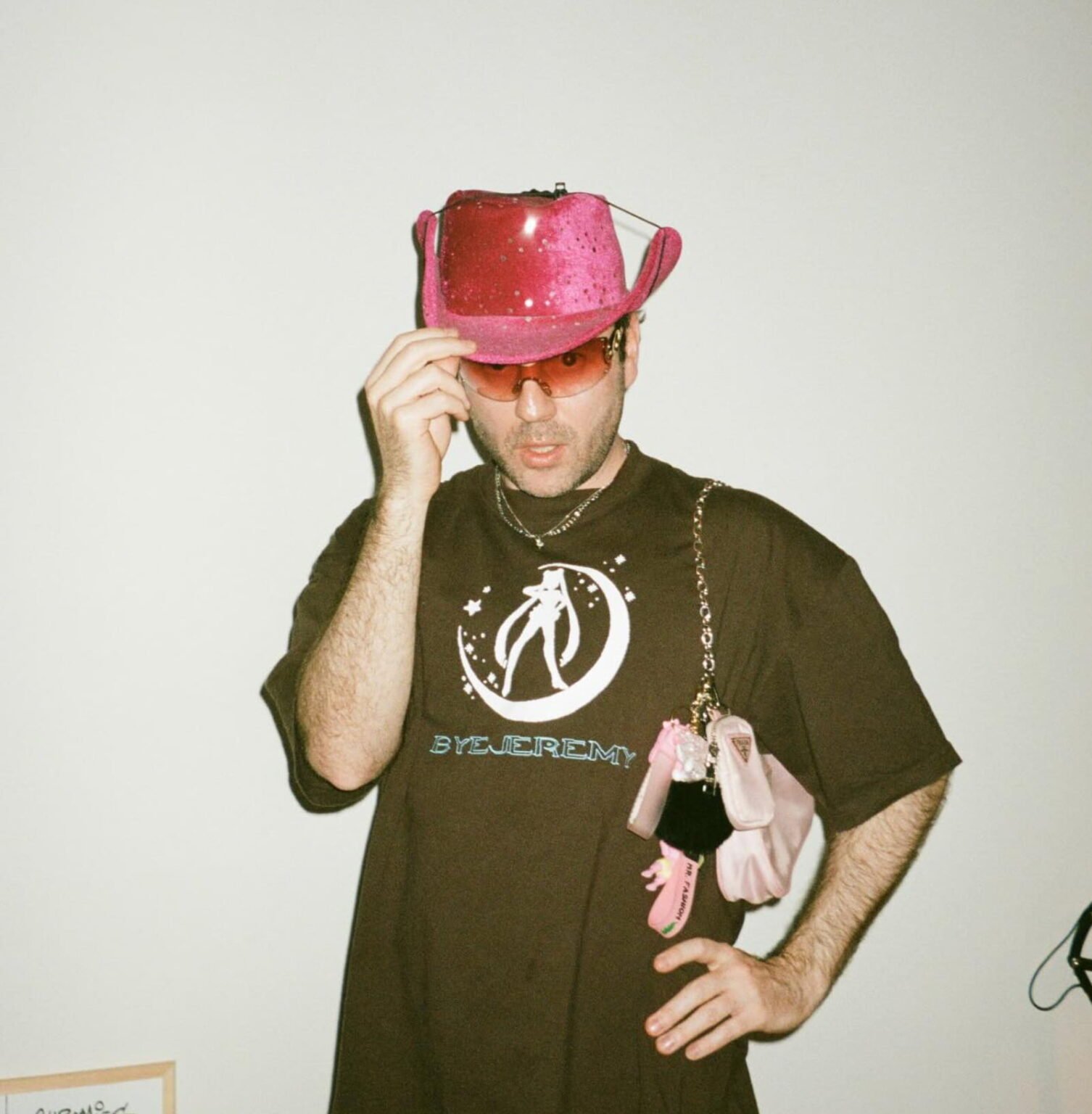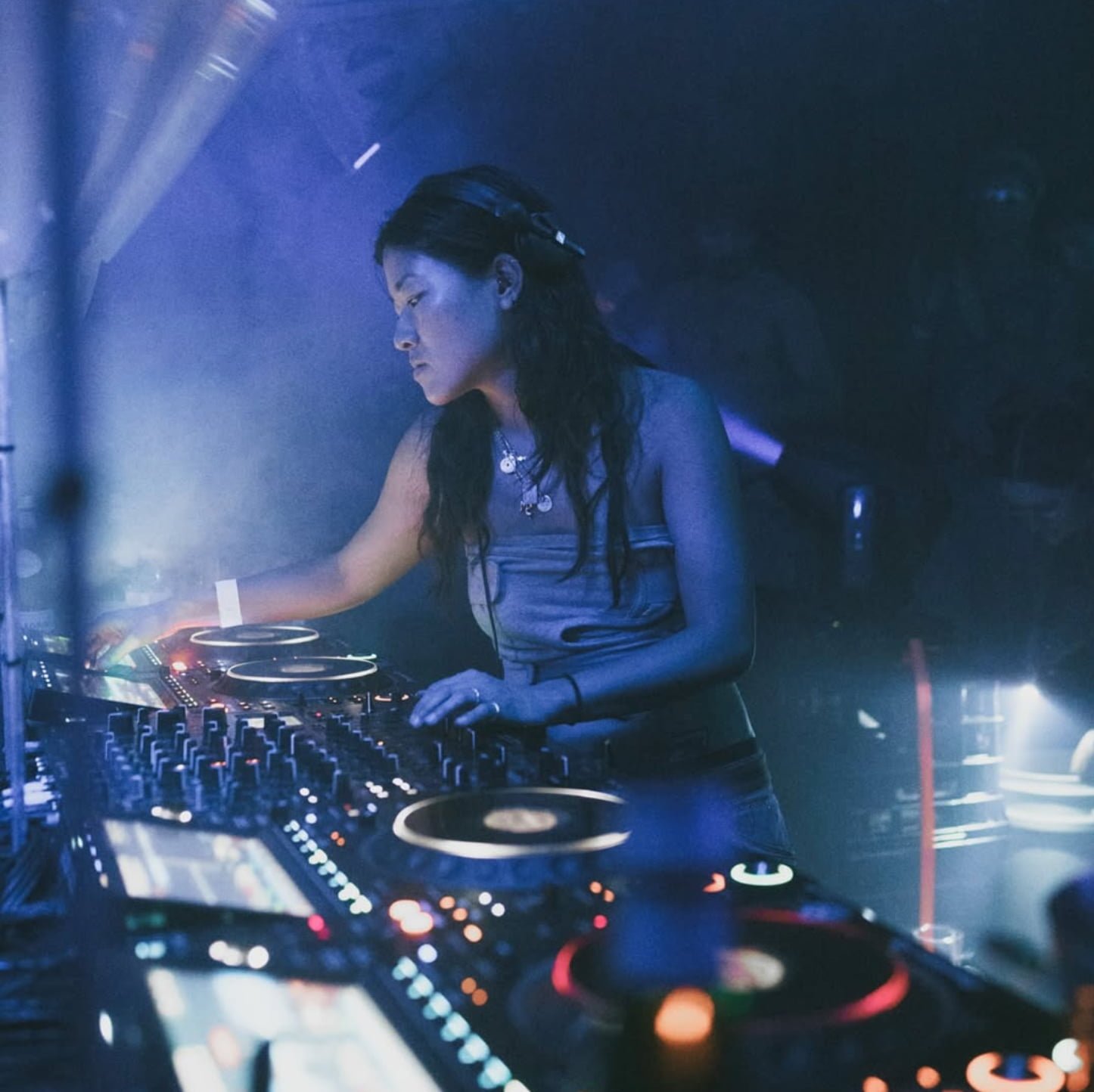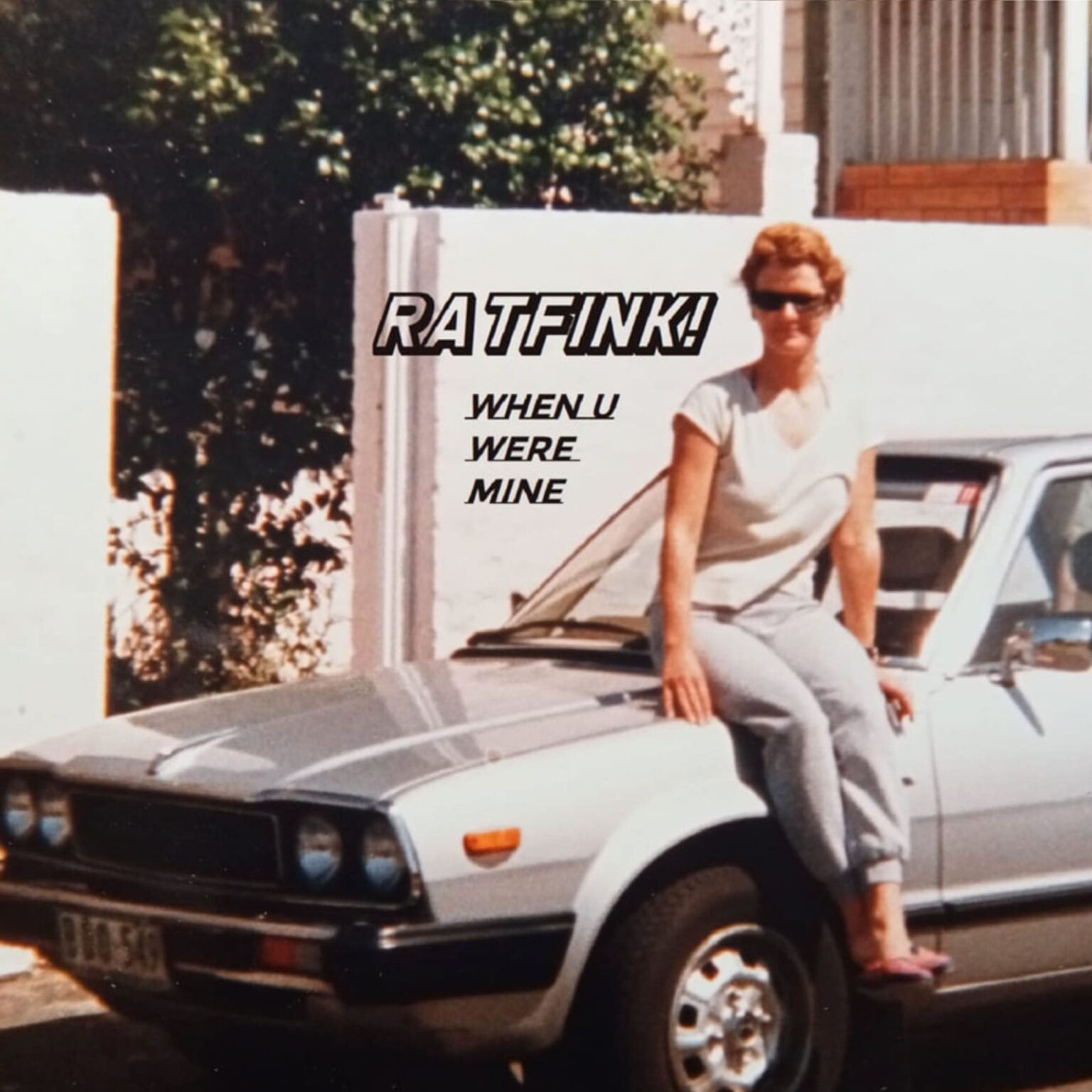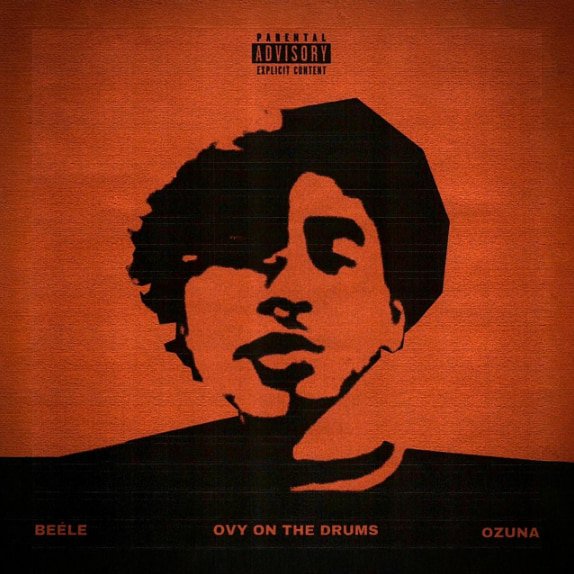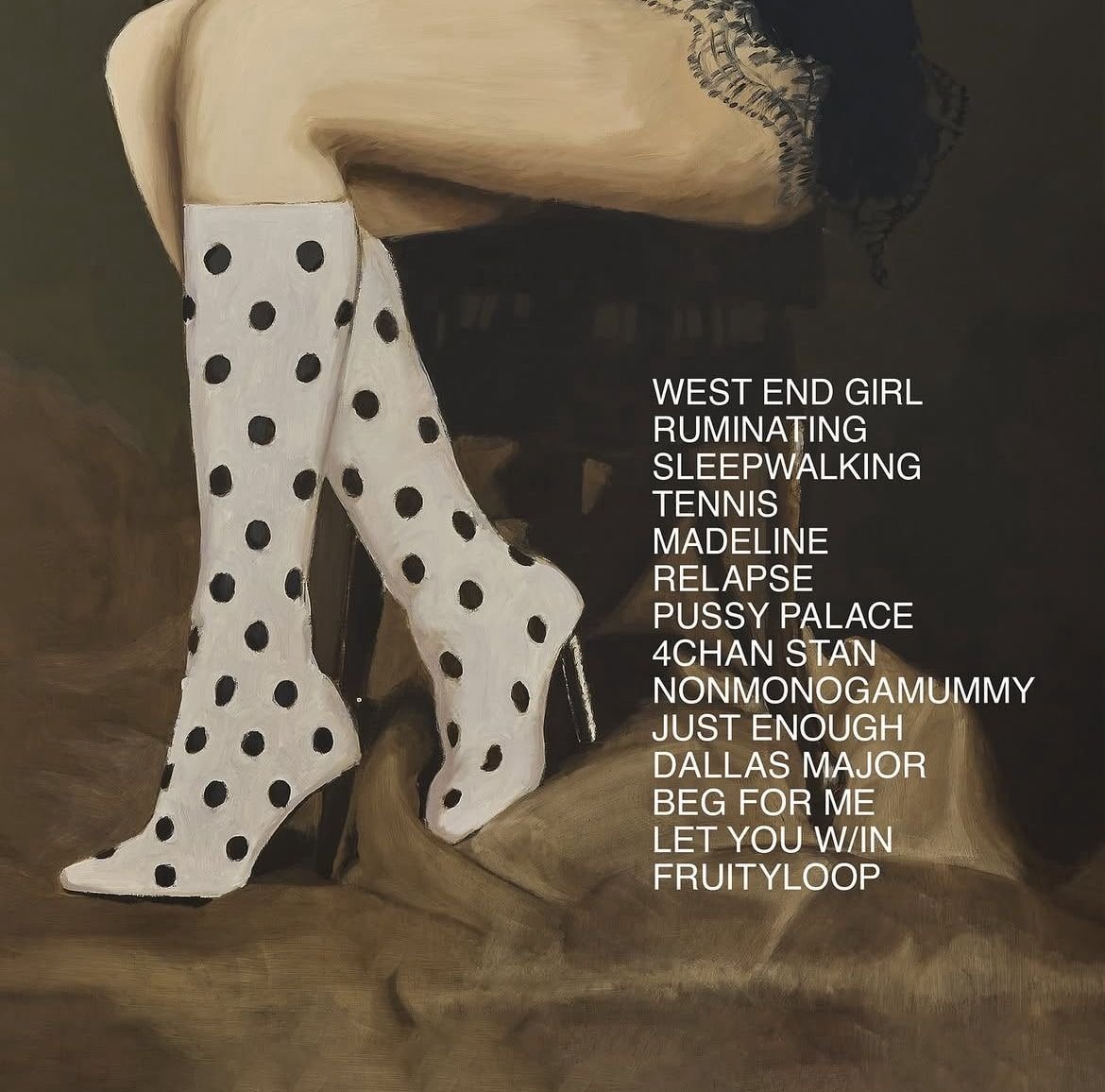Bradley Zero, DJ, selector, founder of Rhythm Section International and mastermind behind one of the UK’s most influential underground labels, doesn’t preach from a pedestal — he lives inside the booth, the backrooms of Peckham, the beat itself. His sound doesn’t follow formulas — it burns.
His story begins in Leeds, a university town where music culture pulses through the underground. But it’s in South London that Bradley defined his mission: building a scene that is warmer, more inclusive, and radically eclectic. In 2014, he founded Rhythm Section International, not just a label but a platform that builds community.
His parties started in an unlicensed basement with no sound system, just raw energy and trust. No glamour, no gimmicks — just sweat and soul. “It’s not just about playing records,” he says. “It’s about holding a space, creating atmosphere, forming collective energy.” In that, he’s a master.
Beyond the booth, his influence is carved in brick. Jumbi, his Afro-Caribbean bar and music space, blends basslines with rum, dub with stew. A venue both cultural and deeply political in its simplicity: it gathers, uplifts, protects. In an era of rampant gentrification, holding cultural space is an act of resistance.
Bradley doesn’t move alone. He’s the product of sonic inheritance — his father, a jazz-loving vinyl collector, was his first rave. And he walks with a spirit of sharing. That’s why he created Future Proof, a mentorship program supporting underrepresented talent in the music industry. “The scene doesn’t survive unless you open the door,” he says. And he doesn’t just open them — he builds new ones.
His DJing is not about showy drops or ego — it’s about surgical selection. His sets tell stories across house, jazz, soul, broken beats, and recontextualized classics. His USB holds Nina Simone and tomorrow’s beats side by side. That unforgettable Boiler Room set with DJ EZ in 2012? Still a landmark. When he drops “Sinnerman” to close a night, it’s not for clout — it’s for elevation.
Don’t mistake his warmth for neutrality. Bradley Zero holds both aesthetic and political power. He resists homogeneity, rejects nostalgia for nostalgia’s sake, and crafts forward-thinking sonic spaces. The DJ as social architect. The selector as bridge builder.
Fashion, design, music — it all collapses gracefully in his universe. His style, always clean, always textured, acts as a visual manifesto. He doesn’t shout — he leaves a mark. In a world bloated with DJs chasing metrics, Bradley still plays for meaning.
And so, through vinyl, analog sound, and nights that feel like home, Bradley Zero emerges not just as a curator of rhythm but as a symbol of what a scene can become when built with intention, care, and courage. This isn’t revival — it’s evolution. And he’s got the needle exactly where it belongs.

